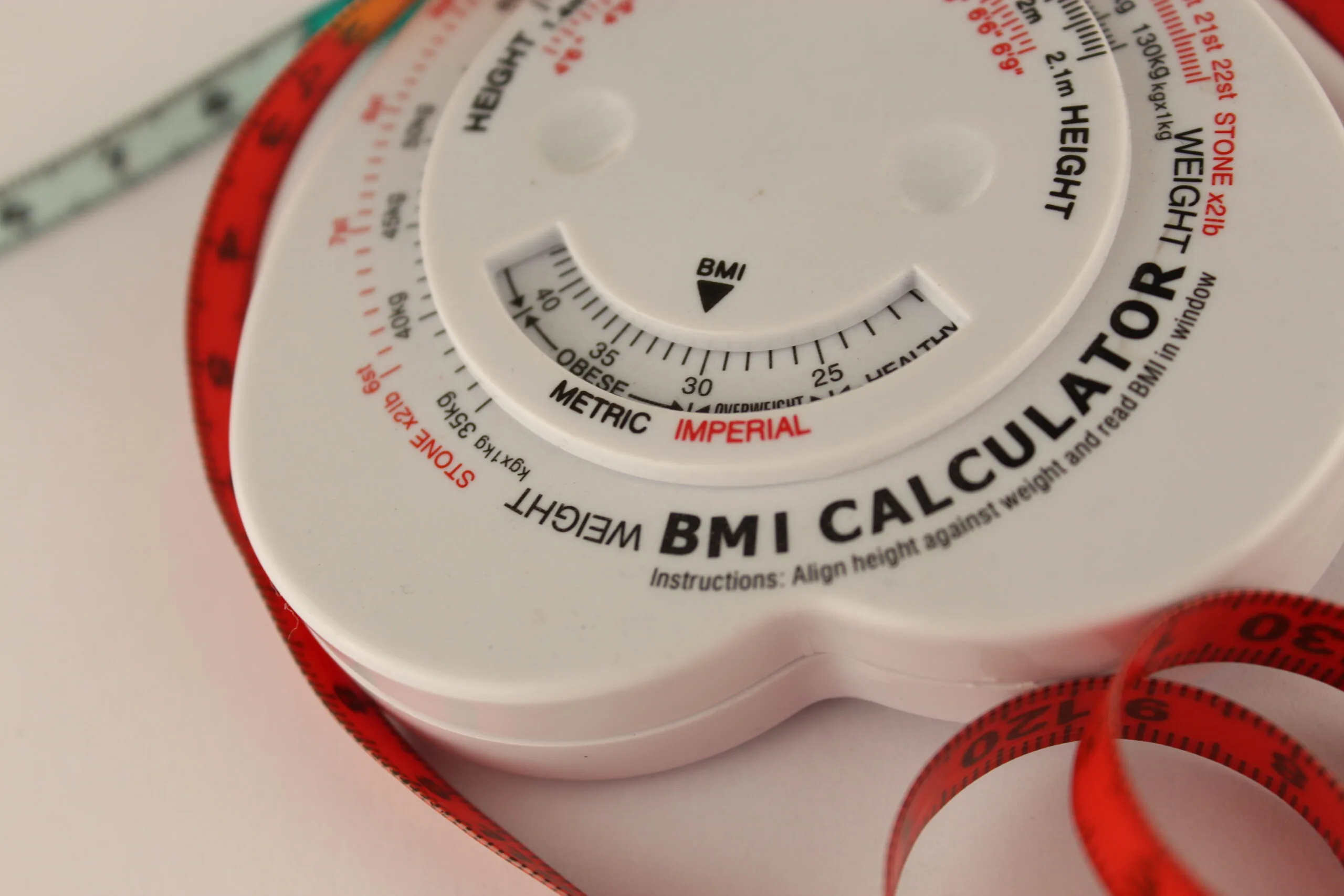If you’ve had to do any type of medical test, you’ve probably heard of body mass index (BMI) – a measure of health that takes your weight in kilograms and divides it by your height in metres.
The Australian Government Department of Health website says a person is of healthy weight if their BMI range is 18.5 to 24.9 and overweight if it’s 25 to 29.9. A BMI of 30 or more indicates obesity.
Like many women, body-inclusive personal trainer and certified intuitive eating counsellor Shreen El Masry first heard of the BMI in high school.
“I first heard about the BMI when I was 17 years old and it was during a check-up with a nurse,” El Masry says. “I remember she said to me, ‘You’re in the overweight category and you should think about dieting and exercise.’”
Following years of BMI-related angst, El Masry began to question the validity of the measure, resulting in her uncovering the following issues:
Read more: Easy ways to improve your health – without really trying!

It was made by a mathematician
Mathematician Lambert Adolphe Jacques Quetelet devised the basis of the scale in the 19th century. It wasn’t called the body mass index until 1972, when physiologist Ancel Keys categorised the numerical BMI results we know today, separating the ‘healthy’ from the ‘unhealthy’.
“Those BMI categories were arbitrary: they were basically just made up,” El Masry says. “It was only designed to monitor trends and populations; it was never intended to be used as a tool to measure body-fat mass for health.”
It’s largely based on the male body
El Masry says the BMI is only accurate for a particular population. “It was based on data that came from white European men in the 19th century, so it didn’t consider other genders, any changes in population weight and height over the past couple of 100 years,” she says.
“The later research conducted by Ancel Keys was a study on 7500 men from very select countries, like America, Finland, Italy, Japan and South Africa.”

It doesn’t take account of other health factors
As well as its limits assessing different populations, El Masry says the BMI misses a variety of health indicators as it only considers weight and height.
“It can’t measure sleep, stress, body composition, blood markers, genetics, diet history, all things that make up health,” she says.
“Research shows our health behaviours – things like eating and exercise, sleep and stress, mental health – account for around 36 per cent of our health. The remainder of our health is determined by genetics, social circumstances, environment and access to medical care.”
The BMI also fails to differentiate between muscle, bone density and fat mass, meaning the measure could label people with a high muscle volume as obese incorrectly.
Healthdirect Australia recommends that waist circumference might be a better indication of the internal, visceral fat that can surround your organs.
It can marginalise
El Masry says the BMI categories – underweight, healthy, overweight and obese – can be harmful.
“I think there’s a morality attached to the BMI and those terms that they’ve come up with as categories,” says El Masry.
“People who are in larger bodies might have medical issues missed if they go to see a doctor for pain in their knee and automatically their doctor says it’s their BMI and then they won’t like to look at anything else or ask any questions.
“If it was someone in a smaller body that is considered ‘healthy’ they would probably be given a different treatment plan.”

More reliable health measures
El Masry says that general practitioners will often turn to the BMI because of their training, not because they’re trying to enforce a ‘fraud’ measure.
“GPs don’t have much time when you go in for an appointment, so they can’t ask all the questions,” she says.
“But your blood markers can tell you a lot about your health, like cholesterol levels and your blood pressure. Things like that tell you a lot more about a person’s health than the BMI.”
According to Healthdirect Australia, blood tests are generally accurate in assessing overall health and diagnosing or monitoring a range of conditions and can be arranged by your doctor quickly.

